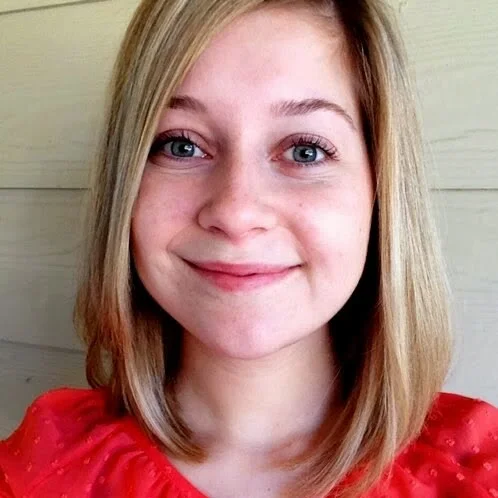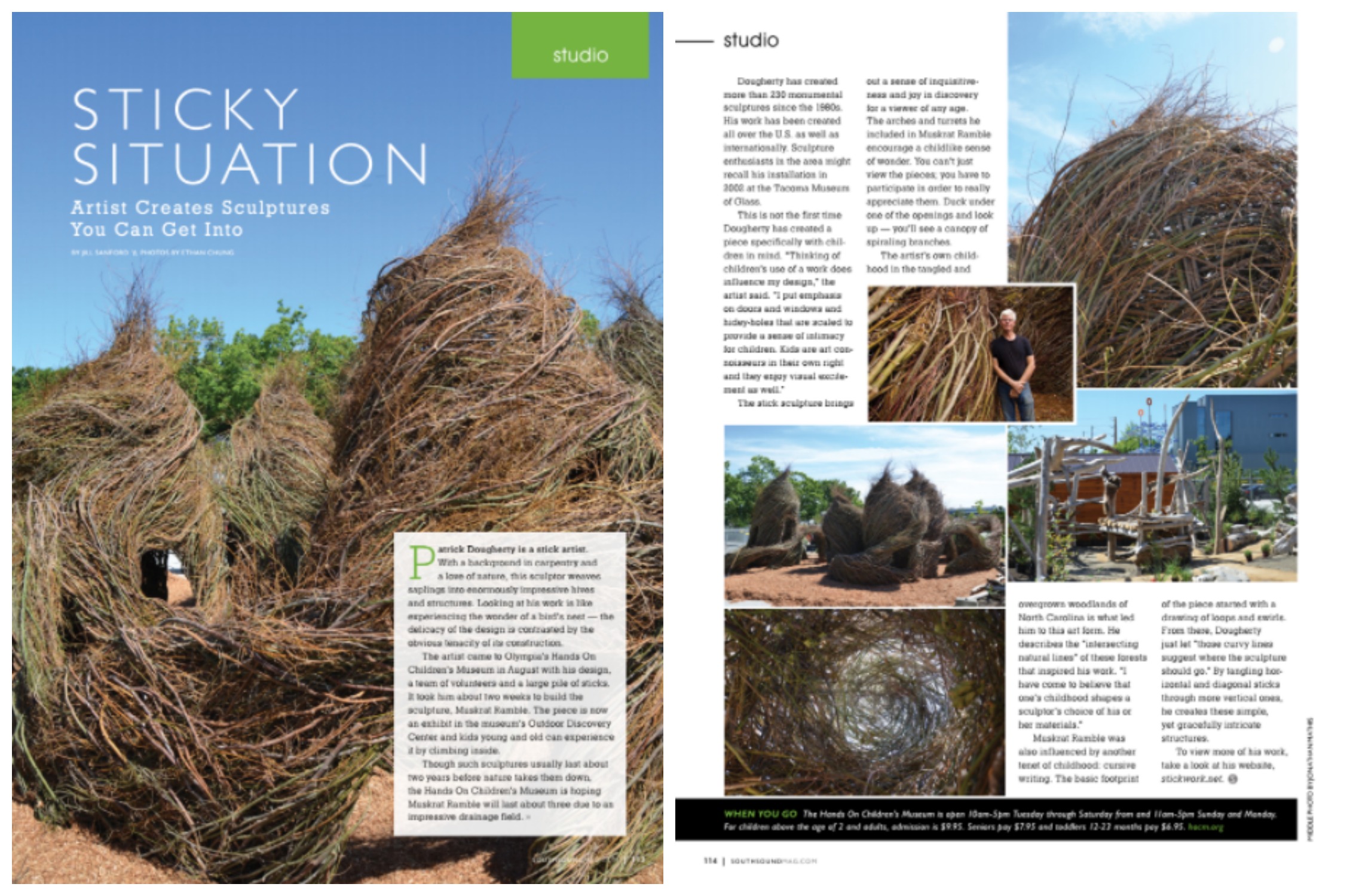Name: Lisa Boosin
Age: 42
College & Majors/Minors: CSU Fullerton for undergrad degrees in Philosophy and Communications; started (but quickly abandoned) an MA in Political Philosophy; MA in Communications with an emphasis on Advertising
Current Location: Los Angeles, CA
Current Form of Employment: Full-time advertising copywriter, with a lot of freelance advertising work on the side.
Where do you work and what is your current position?
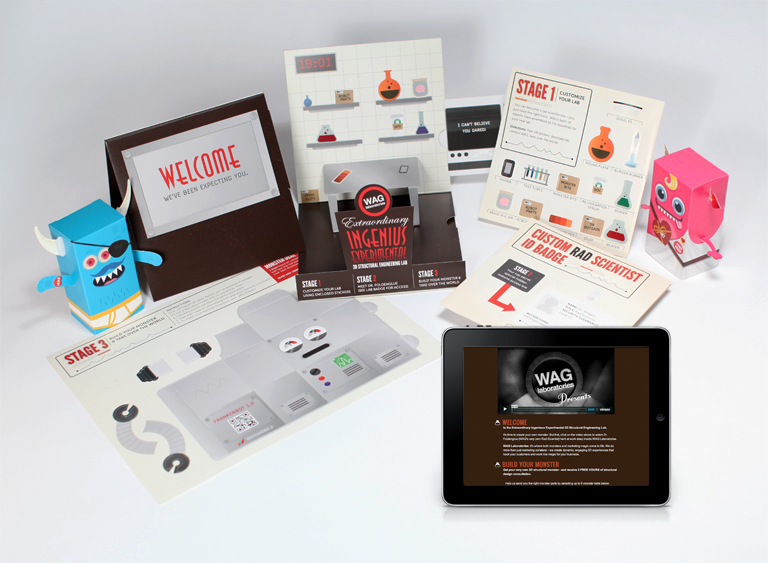

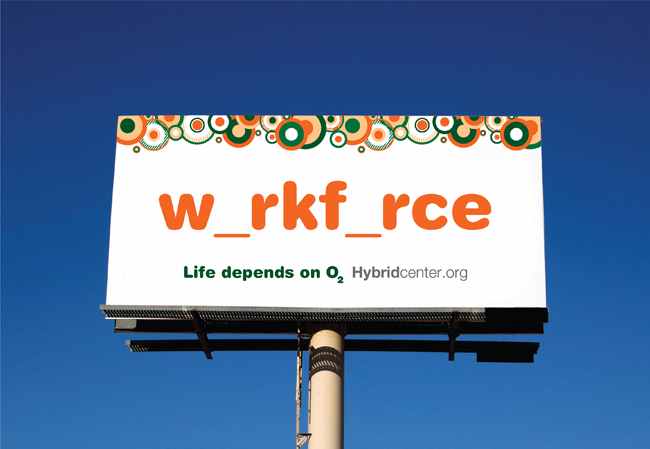
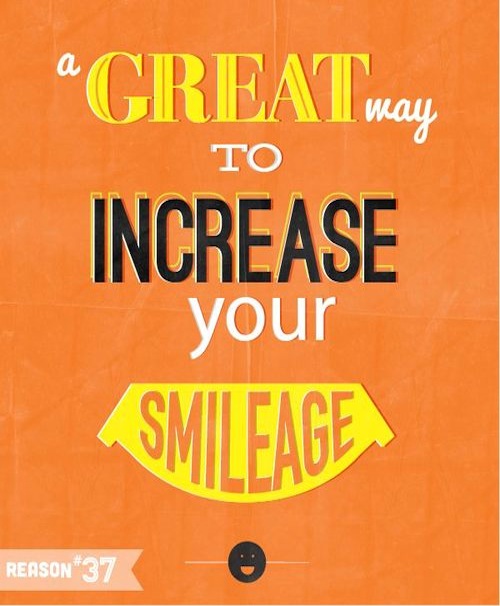
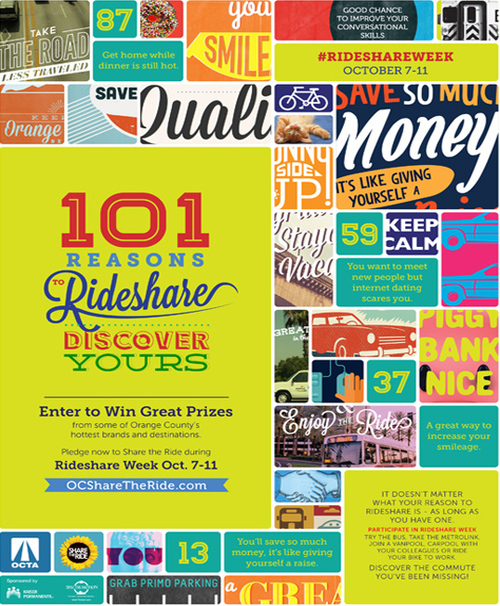
My main gig is Senior Copywriter for the Advertising and Brand department at UnitedHealthcare, the big health care company that’s a subsidiary of an even larger company. My department is basically the in-house advertising agency. I write/contribute creative concepts for a pretty broad spectrum of projects, including the traditional things you think of when you think of a copywriter, such as print ads, radio ads, billboards, web copy, and brochures. Many of these jobs entail concepting (a word that I expect will make many English majors cringe), or sitting around, sometimes by myself, or with other writers, art directors and graphic designers, to come up with overarching themes or concepts for campaigns. There’s a very social component to it but obviously, if I need to write a 16-page brochure, I work on this by myself, but I still have to juggle my coworkers’ demands. And since I’m the Senior Copywriter, that means I coach the other copywriters, work on (and enforce) our brand standards, and make presentations to our internal clients.
My job before this was at The Orange County Register. I was brought on to develop and edit a youth lifestyle publication as part of the paper’s Newspapers in Education program. Oddly enough, this publication “belonged” to the marketing department, not the newsroom. My only newspaper experience had been in high school, but I think my strong writing skills, combined with the fact that my boss liked my advertising background (I was working at a small advertising agency when I was offered the job at the Register) helped me seal the deal.
As the managing editor, I worked with a small staff to develop an editorial calendar; I did a lot of research on relevant trends and news; I wrote articles; I selected content from a wire service and then edited those articles; I assigned stories to interns; I worked very closely with a photographer, setting up photo shoots, giving input on art direction and then selecting photos; and since it was part of an educational program, I occasionally did outreach to high schools and a few youth groups.
In addition to being the managing editor of the publication, I also contributed to the Register’s in-house marketing and advertising department. Eventually, the publication was phased out, and I went to the advertising department full time.
Tell us about how you found your first job, and how you found your current job (if different).
I have always been lucky – well, maybe not really – in that jobs either fall into my lap or I get into a job and get opportunities to expand my role. For example, at my first real advertising job I was actually hired as a graphic designer! It was a job I could totally do, even though I had just gotten out of college with my communications degree and previous experience copywriting – it was just that I was at a point where I needed a job; I hadn’t had any luck finding copy work, and this place was willing to hire me to do design and production work. Of course, once I started, I kept reminding them, “Hey, I write copy! Hey, I write copy!” And eventually they let me.
The Orange County Register found me through a recruiting service. They saw my advertising work, which included brochures and long-form, and recognized that I could really write. Initially, I was brought on as a freelancer, so they could make sure I could really do the work. After a period of a couple months, I was made an offer to become a full-time employee.
My current job, I started off in a much different role: as a proofreader. I’d just been laid off from the Register, and I was FREAKING OUT, I’d never been laid off and I was like, “WHAT IF I NEVER GET ANOTHER JOB?” A few weeks later, I got a call from a recruiting service, asking me if I’d be willing to take a proofreading/copy editor assignment at a large health care company. To which I responded, “OH GOD YES, ANYTHING, I’LL TAKE IT.” And then, just like I did at that first advertising agency, I kept gently prodding my manager and reminding her that I wrote copy. She wrangled me a few assignments. The department had never had a copywriter before, so once people started hearing this service was available, copy jobs started rolling in, and it finally got to the point where I could just be the copywriter.
Regarding job and skills testing: There’s not anything like a standardized test to assess copywriting skills, so these days, most companies or agencies want to try out copywriters on a freelance basis, which can last anywhere from a month to years.
What was another writing-related job that was important in your career?
I’ve always done a little freelancing, but for the past seven years, it’s accounted for a bigger portion of my professional life. My regular clients include a couple of smaller, well-respected advertising agencies, and a few of my own clients.
Taking on the extra work forces me to be on my game, time-management wise. And freelancing is like running your own little business: you have to handle billing, project management, marketing, and new business development. As someone with a “textbook” liberal arts education, I didn’t pick up any of these skills in college, and frankly, they do not come easy to me. But they are all worth having.
What did you do in college to prepare for your post-grad life?
I worked all throughout college – not “career” jobs, just retail and assorted office jobs to support myself. (My backstory is that I was orphaned by the time I was nine and my adoptive parents died when I was 20 – leaving me on my own, in a big way, and responsible for hauling my own weight.) Because of the work/school load, I didn’t have time for formal extracurriculars.
In my senior year, I did an unpaid internship at a web design company, mainly writing copy for their clients but also doing some photo editing and coding, and making coffee runs. The most valuable part of this experience was learning what I liked in a job and at a work environment: for example, I came to appreciate how much I value having variety in my days, and that I preferred not having to deal with a lot of different people (which made me realize I do better in smaller companies or departments). I also figured out that I could not work in an environment where I was expected to wear a jacket, pantyhose and heels every day (or ever, actually).
What is your advice for students and graduates with an English degree?
If your goal is to be a writer, GO FOR IT NOW AND GO AT IT AS HARD AS YOU CAN, WITH EVERYTHING YOU’VE GOT. My not-so-secret secret is that I’ve always wanted a career in creative writing, but because I was on my own, with no outside support at such an early age, I made conservative decisions about my education and my life. I knew I needed to be able to support myself and that being a writer was a big crapshoot. So I never had opportunity to make creative writing priority #1. Pursue your goals with a vengeance before you have a real job and real responsibilities: you’ll have the rest of your life to having a boring, responsible, adult job.
Here’s something else I wish I could tell 20-year-old me: knowing and being able to talk to people is a huge component of success, in just about 99.995% of all endeavors. It doesn’t matter how talented you are or how much ambition you have; you have to be able to connect with people and “market” or advocate for yourself and your work. This is especially true in both publishing and advertising right now. This is hard for a lot of creative people – if it’s hard for you, start practicing now so by the time you need these skills, they come easier to you.
Find Lisa Boosin online:
My advertising portfolio is at lisaboosin.com. I’m really proud of my work. I’ve worked for some big-name clients, and I’ve also worked with non-profits and public sector clients on causes I believe in, which has been hugely gratifying.
Like I said, I do creative non-fiction on the side and I’m working on a memoir. I’ve done spoken word shows around LA and contributed to a number of different websites. Three of the best examples of my work are:


